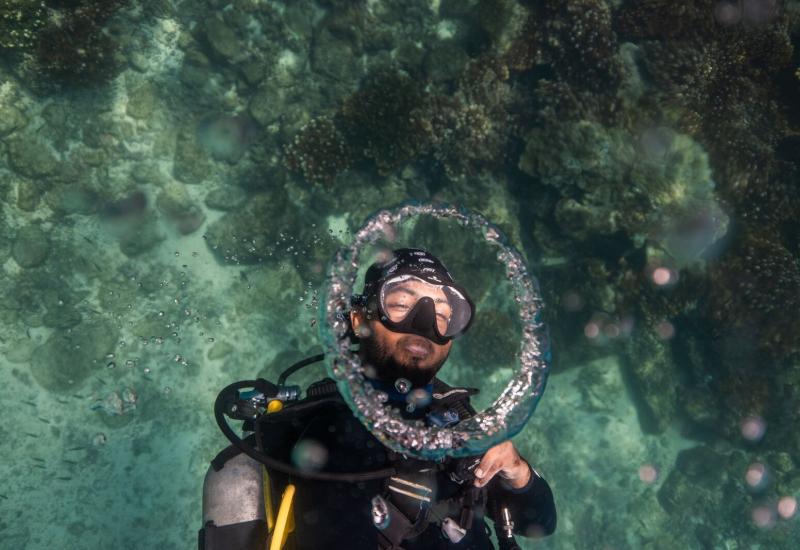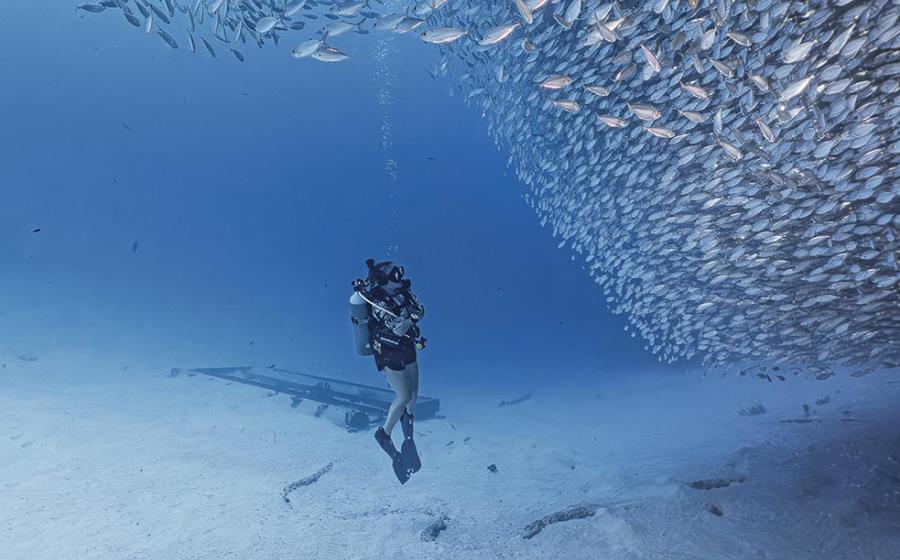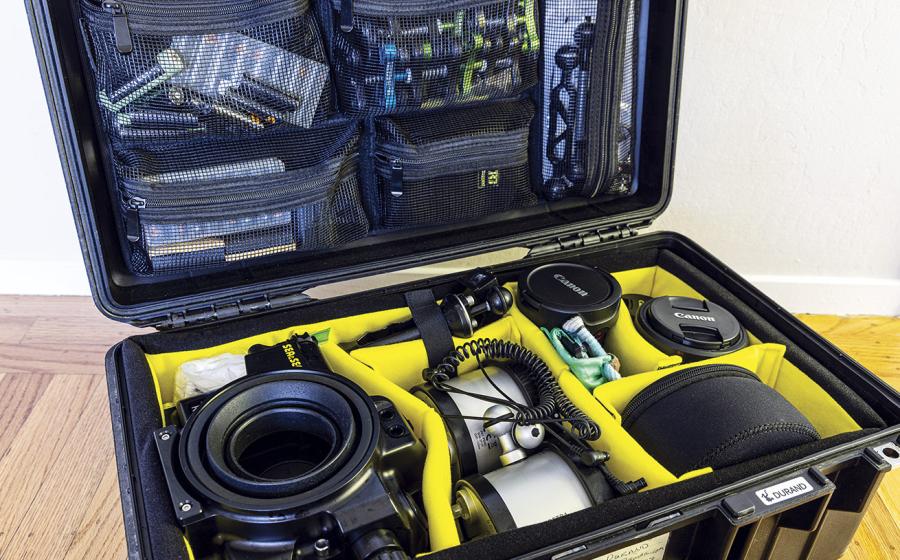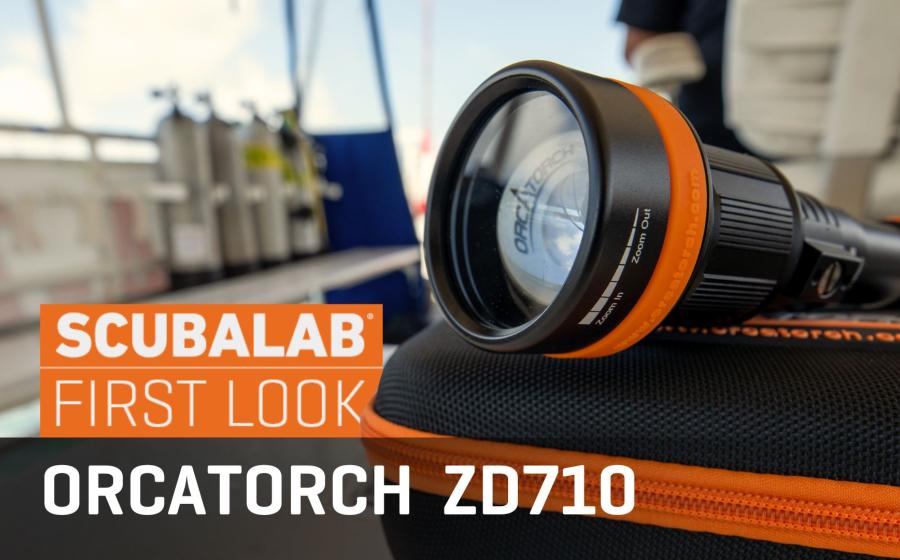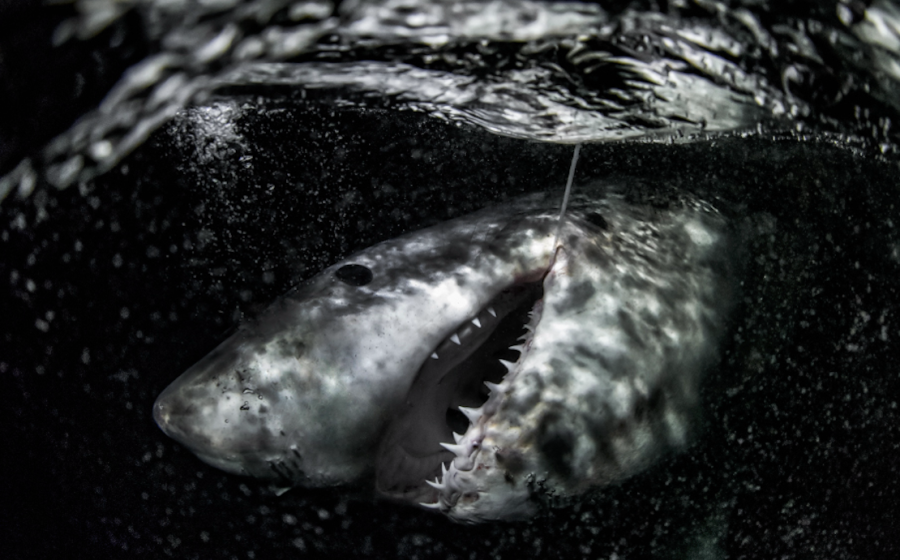How to Travel With a Blue Mind
The scuba diving community is mourning the loss of U.S. marine biologist, neuroscientist, environmentalist, and author, Wallace J. Nichols who passed away in June 2024. Nichols dedicated his life to studying the physical and psychological effects of water on humans. Through his findings he developed the “Blue Mind” theory which is detailed in his book "Blue Mind: The Surprising Science That Shows How Being Near, In, On, or Under Water Can Make You Happier, Healthier, More Connected, and Better at What You Do."
The Blue Mind theory believes that being in or near water enhances our innate connection with nature which improves mental health. The stress-release benefits of water can be experienced simply by dipping a toe into a body of water. Nichols described this as the human-water connection.
His definition of the “Blue Mind” is a mildly meditative state characterized by calm, peacefulness, unity, general happiness, and satisfaction with life in the moment. It's an antidote to “Red Mind” which is an edgy high, characterized by stress, anxiety, and anger and despair. While "Red Mind" is an essential survival tool it's often activated by non-life-threatening stressors. Too much "Red Mind" leads to “Grey Mind" which is a state of cognitive overwhelm which we experience as burnout.
To activate the "Blue Mind" Nichols found that intentional time in nature provides a break to our fatigued frontal lobe which is associated with executive function, cognitive control, and supervisory attention. Areas of our brain associated with emotions, pleasure, and empathy can take over when we enter a blue state of mind which in turn provides a calming influence that’s measurable in brain scans and blood tests.
To honor the legendary neuroscientist, travelers can activate their "Blue Mind" by incorporating water elements into their trips. Besides scuba diving, here are water-centric experiences, their benefits, and where to partake in them from Costa Rica to the Maldives.
Related Reading: What It’s Like to Swim With Humpback Whales
Surfing
In his book, Nichols notes that surfing stimulates endorphins and a dopamine rush through aerobic activity and encourages learning “novelty, risk, desire, and effortful activity.” He found that surfing can lead to long-term happiness and make people more productive and creative. Globally, there are surfing programs that support veterans’ mental health such as Warrior Surf.
While surfing you’re benefiting from the negative ions in the oceanside atmosphere which increases serotonin—the happiness hormone. Spending time by water, such as going surfing, reduces stress. Just listening to the sound of waves has a calming effect. See for yourself by taking a surfing lesson at the Four Seasons in Punta de Mita, Mexico. I loved catching waves under the watchful eye of a trained surfer showing me how to get up on the board. I’ve been taking surfing lessons for most of my life, it's an exhilarating experience that often leaves me feeling a sense of accomplishment after catching a few waves.
Related Reading: Top 5 Places to Dive in Germany
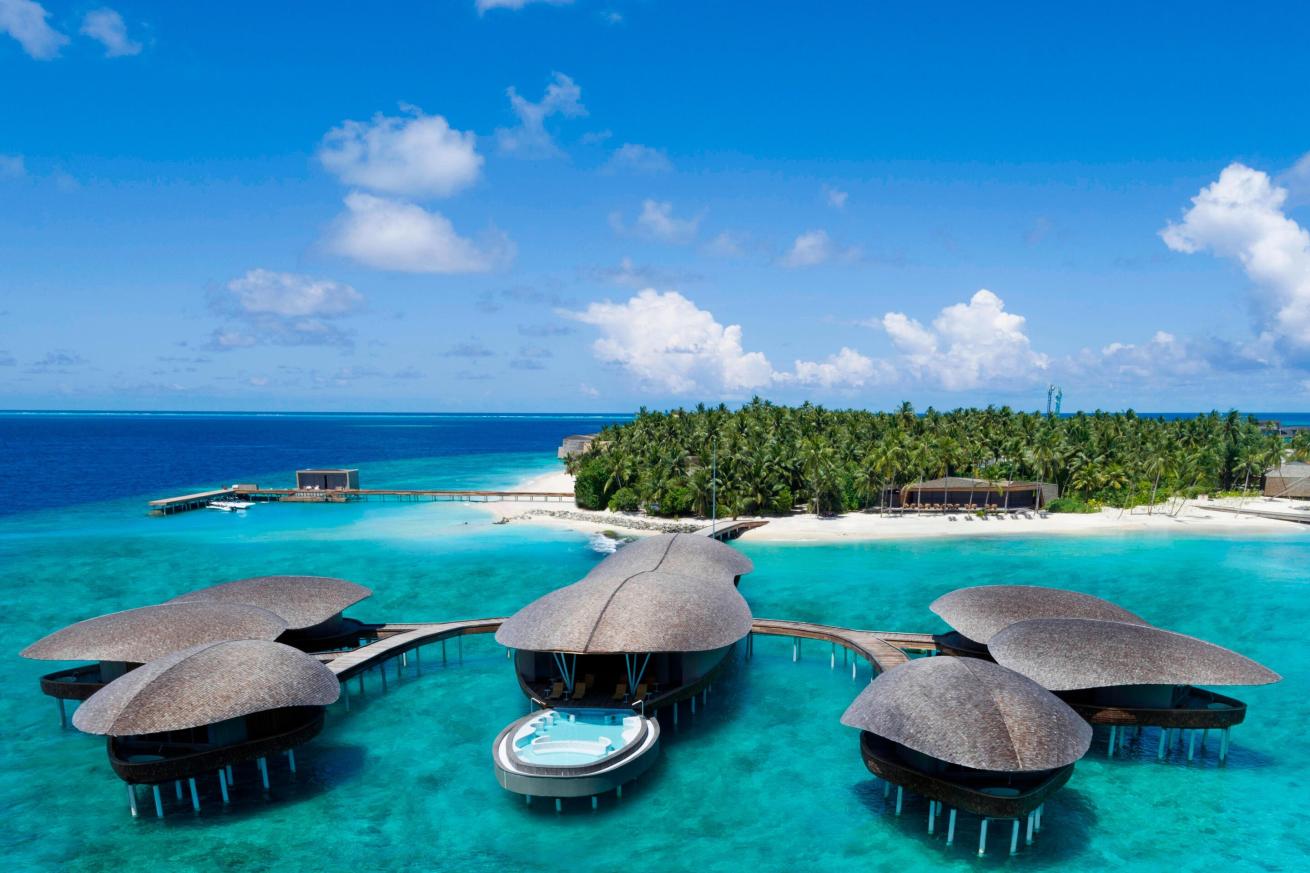
The St. Regis Maldives Vommuli Resort
Hydrotherapy
One of my personal favorite ways to partake in the "Blue Mind" concept are hydrotherapy circuits which often utilize pools of various temperatures and water pressure spouts. Such spa bathing experience has been found to significantly decrease levels of salivary cortisol, which is an indicator of stress.
I’ve been fortunate to experience hydrotherapy at luxury resorts around the world. One of the most memorable experiences can be found at Spa Iridium located at The St. Regis Vommuli Resort Maldives. Spa Iridium is one of the largest overwater spas in the Maldives and the first to introduce a hydrotherapy circuit in the region. The Blue Hole stands out from others because it utilizes heated ocean water. The suspended infinity pool overlooks the Indian Ocean and has several stations of water pressure from jets that massage the body.
Thermal Hot Springs
I’m a self-declared hot springs queen. I always feel restored and grounded after spending time in natural mineral pools. Don’t just take my word for it, mild-stream bathing has been proven to decrease cortisol levels and mental fatigue. As little as 15 minutes of immersion can significantly reduce anxiety and muscular tension.
One of the most gorgeous natural hot springs I’ve experienced is the oasis of Tabacón Thermal Resort & Spa. Located in the Costa Rican rainforest on over 900 acres of lush tropical reserve, Tabacón was founded thirty years ago by Jaime Mikowski to preserve the natural thermal rivers and to rewild the pasture land. The hot springs are naturally heated by the Arenal Volcano’s geothermal activity and are the country’s largest network of naturally flowing hot springs.
The springs can be visited with a day pass, but certain springs and waterfalls are reserved only for hotel guests. I stayed on-site in one of the luxurious guest rooms that has a private mineral spring plunge pool.
Snorkeling
My favorite way to experience the ocean, since I’m not Padi certified, is snorkeling which I’ve been fortunate to do around the world. The CDC has found that aquatic therapy such as swimming while snorkeling is an effective way to combat depression and lower anxiety. I’ve had the chance to snorkel with massive manta rays in Indonesia, whale sharks in Mexico, and vibrant fish in French Polynesia.
I recently had the bucket list experience of snorkeling with sea lions in the Galapagos on a sailing with HX. The sea lions were super playful and kept somersaulting and approaching me face-to-face, seemingly eager for my attention. It was one of the most joyful experiences I’ve ever had in the ocean!


